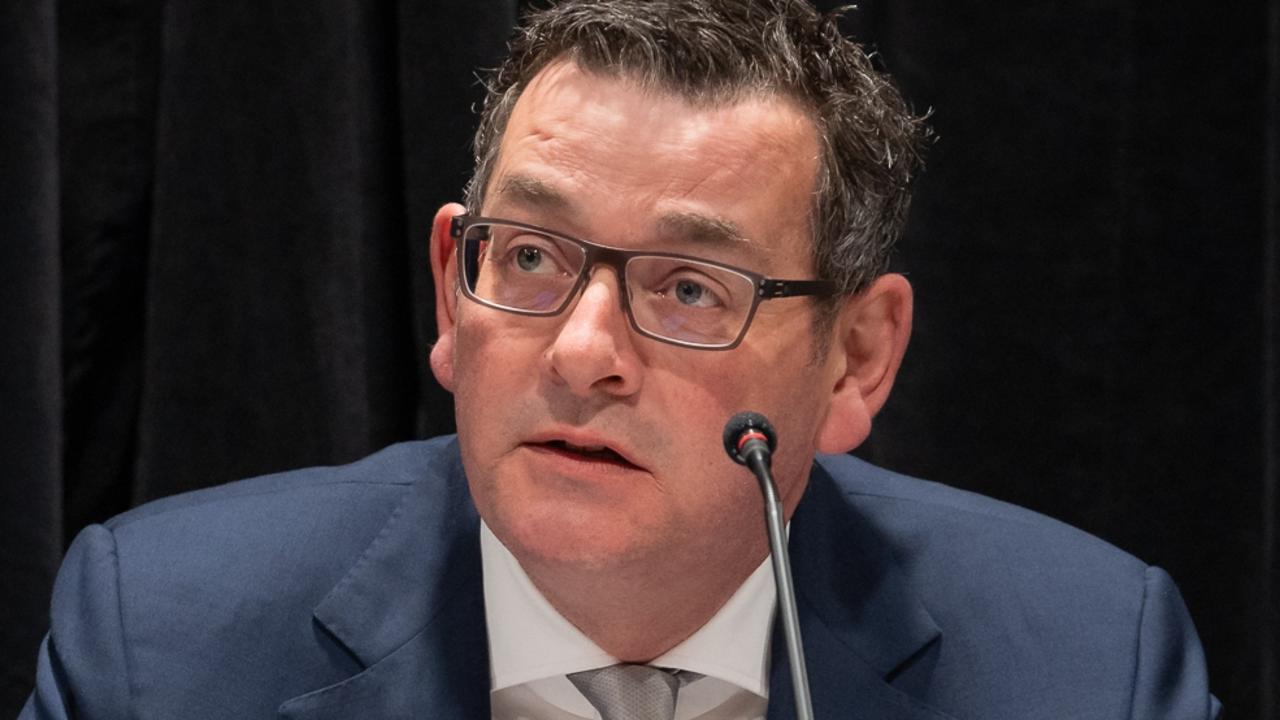The Victorian Premier Daniel Andrews has refused to say whether his government will implement a levy on short-term rentals like Airbnbs, and Stayz.
The state government is poised to reveal its state housing policy in the coming week, which could include policies like a two-year rent freeze, and a daily tax on short-term holiday rentals.
Speaking on ABC Melbourne on Monday, Mr Andrews acknowledged the pressure Victoria’s 30,000 to 40,000 holiday homes put on the state’s rental crisis, however he could not be moved to offer a policy announcement around an Airbnb tax.
The daily levy would be placed on short-stay accommodation listings, which could be as high as 7.5 per cent, in an effort to push these homes onto the rental market.
“I’m not going to rule that in or out,” he said.
“There’s between 30,000 and 40,000 homes that are being Airbnb-ed or other platforms, so they’re short stay, which means they’re not available for someone to lease to rent on a longer term basis. That is a real thing.
“There’s no denying that that means there are a significant number that would have 10 years ago (or) 15 years ago been available for (longer-term rentals).”
While Airbnb have come out in support of a tourism levy, Airbnb Australia and New Zealand’s Head of Public Policy Michael Crosby warned a potential 7.5 per cent levy was “too high,” and unfairly gave hotels a “free kick”.
“A rate that high could have a negative impact on the appeal of the state as a tourism destination, also penalising everyday Victorians at the wrong time,” he said.
“We believe a levy somewhere between 3-5 per cent, which is in line with international policies, would be appropriate.”
Airbnb have warned the move would penalise Airbnb operators and negatively affect the state’s tourism industry.
“The contribution to both GDP and jobs driven by travel on Airbnb in Australia has created powerful economic ripple effects that help support businesses such as retailers, restaurants, bars and cafes — which are often the foundation for life in local communities — and has generated jobs that went far beyond where travellers stayed and with whom,” a statement from the company read.
“A report by Oxford Economics found Airbnb contributed $3.7bn to Victoria’s GDP last year.”
Mr Andrews also spoke about the possibility for speeding up approvals for housing development applications, flagging the potential that opposing local councils could be overruled by the state government.
“This is not about having a go at councils … it’s just a reality,” he said.
“Some decisions have taken far too long and we have to deal with that backlog
(through) state intervention in responsibilities that lie with local councils.”
